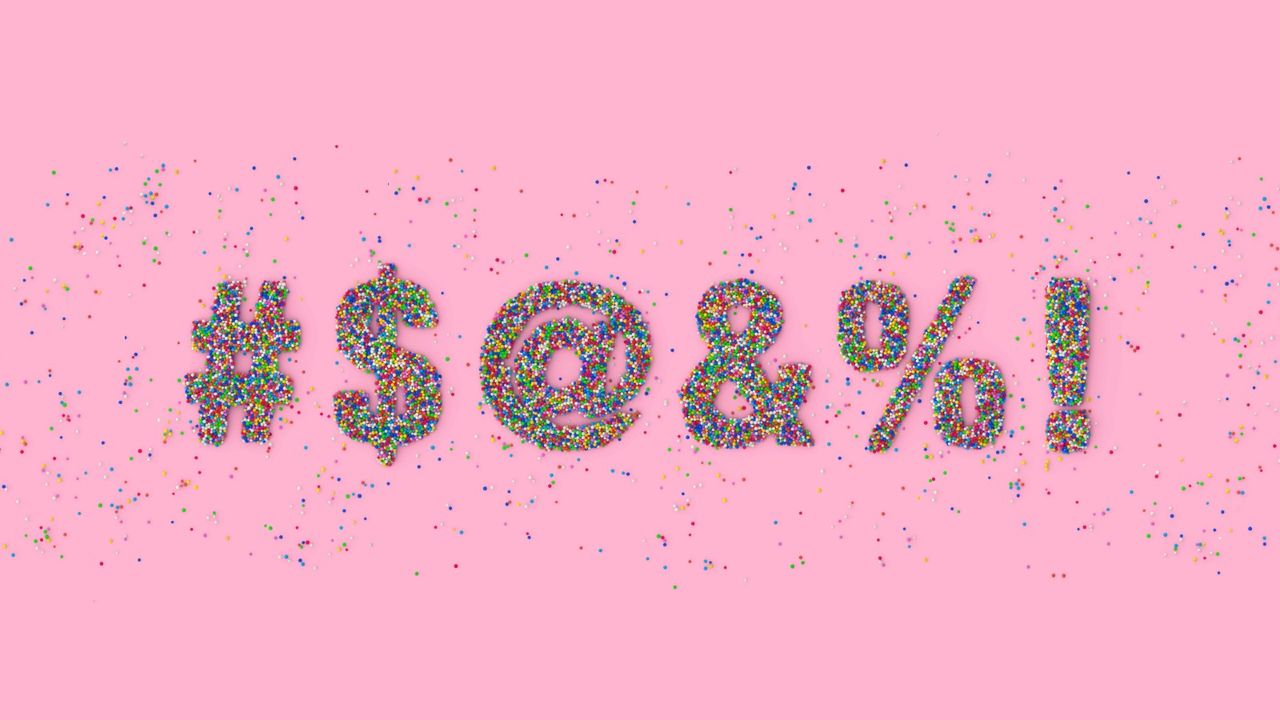Ofcom's offensive words list updated—and Karens won't speak to the manager about it
Ofcom's offensive words list has been extended to use many slang words which have become popularised in social and political discourse


Ofcom's offensive words list has been updated to include words that people are bothered by in current times. The list reflects words often used to shut people down in political and social discourse online.
Figuring out how to deal with stress caused by politically charged nicknames, like 'Karen', 'remoaner', and 'snowflake', can feel redundant as their impact is hasn't historically been taken very seriously—until now.
Up until now the list of words that Ofcom say audiences tell them is offensive and whose impact broadcasters must bear in mind when producing programs—has consisted of racial, anatomical, and religious terms. For the first time ever the updated list has extended to include politically charged terms—to reflect the difficult times we live in.
Words such as Karen, which is typically used in reference to a white, middle-class, entitled woman and 'gammon,' a monicker awarded to right-wing, pro-Brexit men, and 'boomer', which is used in reference to older people who are seen as out of touch and intolerant to new ideas.
As well as these words, expressions such as 'snowflake', a political insult for someone who is perceived as too sensitive used against millennials and liberals, 'libtard', a contemptuous term for a person with left-wing political views, and 'remoaner', an unkind monicker for those who are anti-Brexit.
You might also like...
Long hairstyles for women over 50: fresh style ideas, plus expert tips to care for length
Adam Baxter, the director of standards and audience protection at Ofcom, said, "People’s views on offensive language can change significantly over time. So to ensure we’re setting and enforcing our rules effectively, it’s essential we keep up to date with how viewers and listeners think and feel."
This means that the list is entirely compiled of what the audience finds offensive, as opposed to what Ofcom themselves believe.
Sign up for the woman&home newsletter
Sign up to our free daily email for the latest royal and entertainment news, interesting opinion, expert advice on styling and beauty trends, and no-nonsense guides to the health and wellness questions you want answered.
The UK's communications regulator conducted research to get an idea of the offense caused by certain words on air. In order to get a more concise view, they included a "larger and more diverse selection of viewers and listeners than ever before."
Adam said, "This included adults of all ages, living throughout the UK, as well as those from a range of minority groups and communities—including Black African and Caribbean people, Indian, Pakistani and Bangladeshi people, disabled people, and the LGBTQ+ and Gypsy and Traveller communities." Adding, "We also expanded our focus groups to include dedicated sessions with members of the Jewish and Chinese communities for the first time."
Although those surveyed found the political labels to be offensive, it was only mildly so. This is in stark contrast to the extreme offense caused by racial slurs and strong language.
Adam said that the responsibility lies with broadcasters and that it's their responsibility to ensure that offensive terms are used very carefully and within the right context.
He said, "Consistent with rights to freedom of expression, broadcasters can include material in their programs that is potentially offensive but, to stay within our rules, they must make sure they provide sufficient context and adequate protection to audiences."

Aoife is an Irish journalist and writer with a background in creative writing, comedy, and TV production.
Formerly woman&home's junior news editor and a contributing writer at Bustle, her words can be found in the Metro, Huffpost, Delicious, Imperica and EVOKE.
Her poetry features in the Queer Life, Queer Love anthology.
Outside of work you might bump into her at a garden center, charity shop, yoga studio, lifting heavy weights, or (most likely) supping/eating some sort of delicious drink/meal.
-
 Caught ending explained: Who was the killer and is Leo dead?
Caught ending explained: Who was the killer and is Leo dead?Another Harlan Coben thriller is riding high on Netflix, and viewers are asking for a deep dive of the intense ending of Caught
By Lucy Wigley Published
-
 Chocolate brown is everywhere but Ranvir Singh's Reiss sale dress stands out from the crowd
Chocolate brown is everywhere but Ranvir Singh's Reiss sale dress stands out from the crowdRanvir Singh has made us fall in love with deep cocoa brown all over again and her Reiss midi dress is more than 50% off
By Emma Shacklock Published